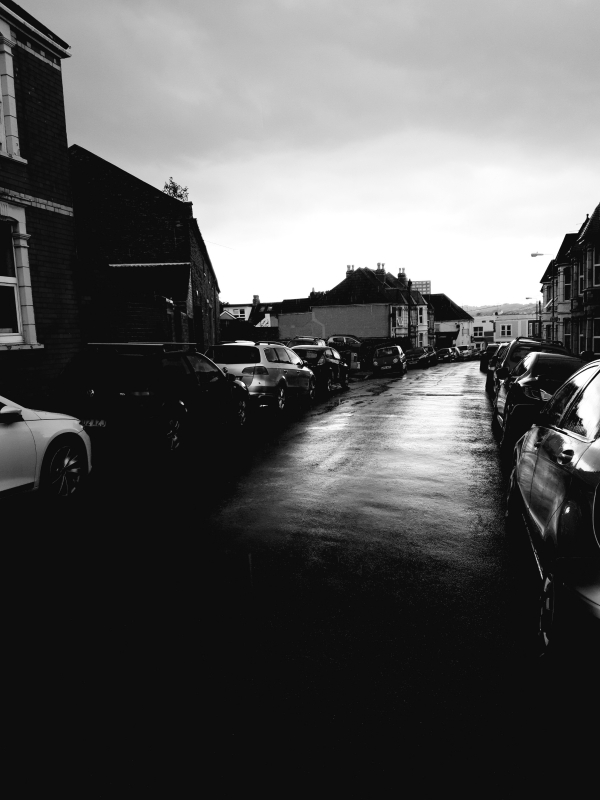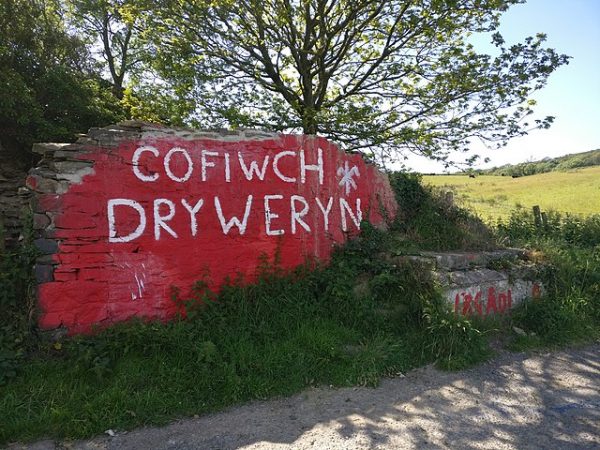One of the earliest social impacts exerted by the internet is the so-called Streisand effect, which Wikipedia succinctly defines as: “a social phenomenon that occurs when an attempt to hide, remove, or censor information has the unintended consequence of further publicizing that information, often via the Internet. It is named after American entertainer Barbra Streisand, whose attempt to suppress the California Coastal Records Project’s photograph of her residence in Malibu, California, taken to document California coastal erosion, inadvertently drew further attention to it in 2003.“.
After this week’s developments in British media life, your ‘umble scribe is wondering whether the Streisand effect is about to be joined by a new phenomenon which should be called the Farage effect.
Here’s the background.
 On Tuesday Nigel Farage, a former MEP who denies he’s a professional politician and perennial right-wing rabble-rouser, used his newly-minted show on right-leaning GB News (aka GBeebies. Ed.) to attack the RNLI for rescuing refugees attempting to reach British shores in flimsy and unsafe vessels who are in distress.
On Tuesday Nigel Farage, a former MEP who denies he’s a professional politician and perennial right-wing rabble-rouser, used his newly-minted show on right-leaning GB News (aka GBeebies. Ed.) to attack the RNLI for rescuing refugees attempting to reach British shores in flimsy and unsafe vessels who are in distress.
In particular, Farage stated that the charity, whose lifeboats are crewed by volunteers and which is funded by donations from the public, should case to provide a “taxi service for illegal trafficking gangs“.
Needless to say, Farage’s intemperate words and the awful bigotry behind them were intended to produce a reaction; and so they have, but it is one that the far-right rabble-rouser will not necessarily. appreciate.
As the Independent reports, normal weekday donations to the charity rocketed by over 2,000 per cent compared any other Wednesday in the year in an outpouring of public support. This comes after the charity revealed how its volunteers were receiving abuse s a result of the bile spewed by the likes of Farage and published harrowing footage of Channel rescues.
A grateful RNLI has since expressed its thanks to a generous public via a tweet earlier today.
We’ve seen a surge in donations over the past 24 hours – both in terms of one-off gifts and hundreds of you who’ve set up a monthly donation. We’re overwhelmed by and incredibly grateful for your kindness.

On the other side, there has been a minor backlash with some existing supporters of the charity withdrawing their financial and voluntary support, presumably fully paid-up members of the Farage Cult.
Will there soon be a Farage effect Wikipedia page stating it is a social phenomenon that occurs when an attempt is made to denigrate the actions of a volunteer-run humanitarian organisation backfires spectacularly?“
Please feel free to discuss in the comments below.
Update, Thursday 30 July: Today The Guardian’s website is reporting that donations to the RNLI actually increased by 3,000% stating:
The RNLI, which runs the UK’s network of volunteer lifeboats, said it received £200,000 in charitable donations on Wednesday – around 30 times its normal average of £6,000–£7,000 per day. During the same period, there was a 270% increase in people viewing volunteering opportunities on its website.
Faced with all the criticism from decent folk, Farage has since tried to downplay his racism and bigotry by claiming he has been proud to raise money for the RNLI. This is the equivalent of an arsonist in court telling the judge from the dock that he had deliberately started fires to keep the fire brigade in work.

 On Tuesday Nigel Farage, a former MEP who denies he’s a professional politician and perennial right-wing rabble-rouser, used his newly-minted show on right-leaning GB News (aka GBeebies. Ed.) to attack the
On Tuesday Nigel Farage, a former MEP who denies he’s a professional politician and perennial right-wing rabble-rouser, used his newly-minted show on right-leaning GB News (aka GBeebies. Ed.) to attack the 









